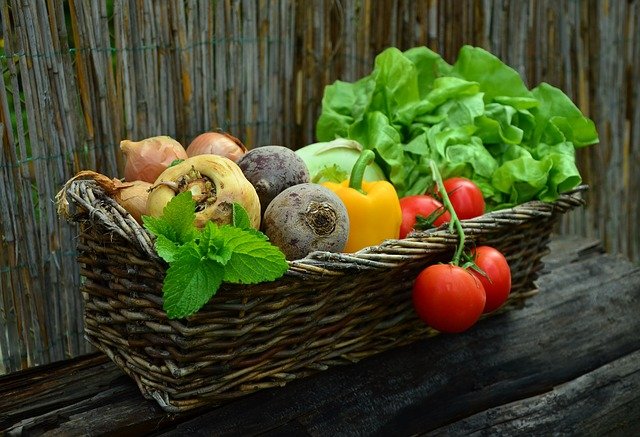12th April 2022 – Kira

We were delighted to join the I ♥ Research Academy to mentor students from local schools who were interested in science. We delivered 6 workshops with the students to teach them about how to communicate science with non-scientists. In their last workshop, the students were asked to write up a news story on one of our research articles. Below is a news story written by one of our students, Kira.
TwinsUK has found that consuming larger amounts of vegetables, which are high in fibre and vitamins, is linked to a lower risk of having slow, long-term inflammation that lasts for painful prolonged periods.
Those who suffer from joint issues, or have even been diagnosed with arthritis, can benefit from this research study, and could potentially have a significant impact on them because they will be more informed about the effects of not eating vegetables. There is no doubt that what you eat may also be contributing to your physical well-being. This is something everyone should consider if they want to live a healthier and happier life.
Chronic inflammation occurs when your body continues sending inflammatory cells for a prolonged period after a disease or injury. This has increased lately due to the COVID-19 outbreak and therefore more people are at risk of heart disease. If this were to happen, you would gain massive amounts of white blood cells, suffer severe infections, and, develop heart disease.
Recent research conducted by TwinsUK also considered age, gender, and BMI (Body Mass Index) when analysing 700 participants who took part in the PREDICT nutrition study found that consuming less vegetables correlates with higher white blood cell levels. The researchers did not find any correlation between fruit consumption and white blood cells; however, fruits are also healthy and a key component of your diet.
As a result of carrying out this study, researchers demonstrated that the consumption of vegetables has a greater positive impact than people may be aware of. Finally, identifying the specific nutrients and dietary patterns that influence gut bacteria and immune cells will provide us with solutions to help reduce inflammatory processes associated with diseases such as cancer, infections, and chronic heart disease.






